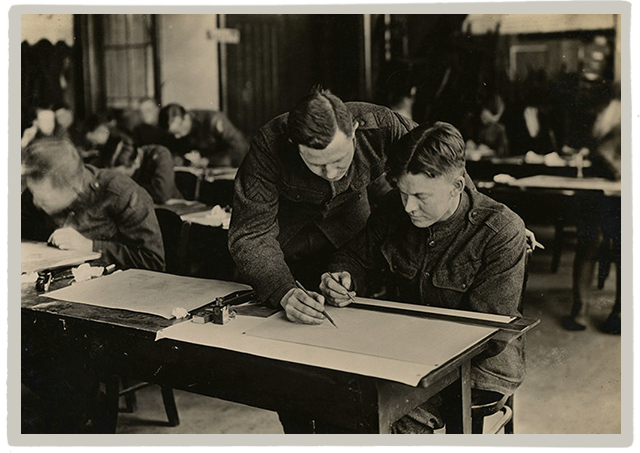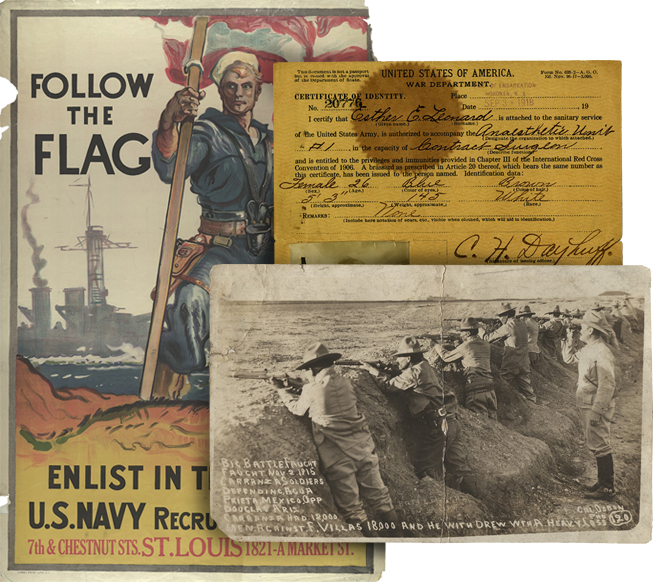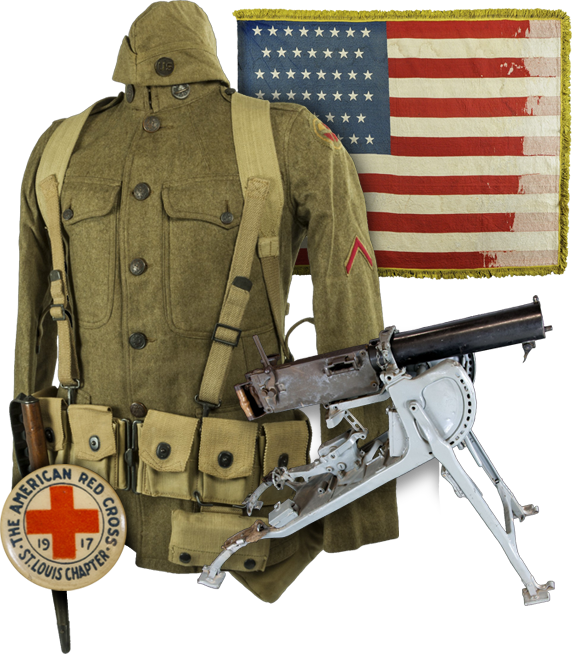Working Back to Prosperity - n.d.

Transcript
Office Sunday

Transcript
up to fourteen knots, holding the enemy just even. But the strain on the engine was terrific and the engineer expected momentarily that the bolts would start and destroy everything. But there was nothing else to do than take the chance and for two hours the terrific pounding was kept up by the overloaded Diesel. What was taking place in the en gine room of the freighter was having its counterpart in the submarine but it did not occur to the commander of the boat to take a chance on his engine. The pursuit was maintained for a couple of hours and the submarine quit at the very moment when the freight engineer was about to shut down, and the situation was saved. But that engineer was pretty wellused up and the engine was too. The marine Diesel has undoubtedly cut a tremendous figure in the war, but that is as nothing compared to the influence that the stationery Diesel has exerted in the arts of peace. The Diesel has, perhaps, contributed more than anything else to making the submarine boat a practical thing, but, on the other hand, it has made possible the application of power in economical form to many purposes for which the old type of engine was impracticable. Indeed the development of the Diesel as it is produced in the Busch-Sulzer Bros. Diesel Engine Company

Transcript
[economically] applied; it has solved the fuel problem in localities where coal is expensive. And there is almost no limit to its adaptability either for stationery or marine uses. The Diesel plant of the Busch-Sulzer Bros. Engine Company is one of the institutions of St. Louis that has gone far toward increasing the industrial prestige of this city and it was largely influential in maintaining the prosperity of the working people when the war and the crop failures and railroad troubles threatened to play havoc with the city. During the bad times of the winter of 1914-[1915] when pretty much every industry was hit hard and the bread line was being extended every day the enterprise of the Busch company went far to save the day. Instead of restricting the output the company went out and created new business and kept its people employed and that big industrial community which has been built up by the great Busch interests was less affected than any other element of the working population of the city. And nowthat prosperity may be fairly said to have returned the Diesel engine plant is enjoying all of its share of what prosperity not in the production of munitions but in that stable form of industry which goes to the building up of peace. August A. Busch, president of the company, has a very vital interest in its work
Details
| Title | Working Back to Prosperity - n.d. |
| Creator | Unknown |
| Source | Unknown. Working Back to Prosperity. n.d. Busch-Sulzer Collection. Wisconsin Historical Society, Madison, Wisconsin. |
| Description | Three page document detailing the abilities and affectability of marine and stationary submarine engines. This document also explains the growth of the Busch Sulzer Company and the work of August A. Busch. |
| Subject LCSH | Diesel engine; Submarine boats; Busch-Sulzer brothers Diesel engine company |
| Subject Local | WWI; World War I; Submarine engine |
| Contributing Institution | Wisconsin Historical Society |
| Copy Request | Transmission or reproduction of items on these pages beyond that allowed by fair use requires the written permission of the Wisconsin Historical Society: 608-264-6535 |
| Rights | The text and images contained in this collection are intended for research and educational use only. Duplication of any of these images for commercial use without express written consent is expressly prohibited. |
| Date Original | n.d. |
| Language | English |



